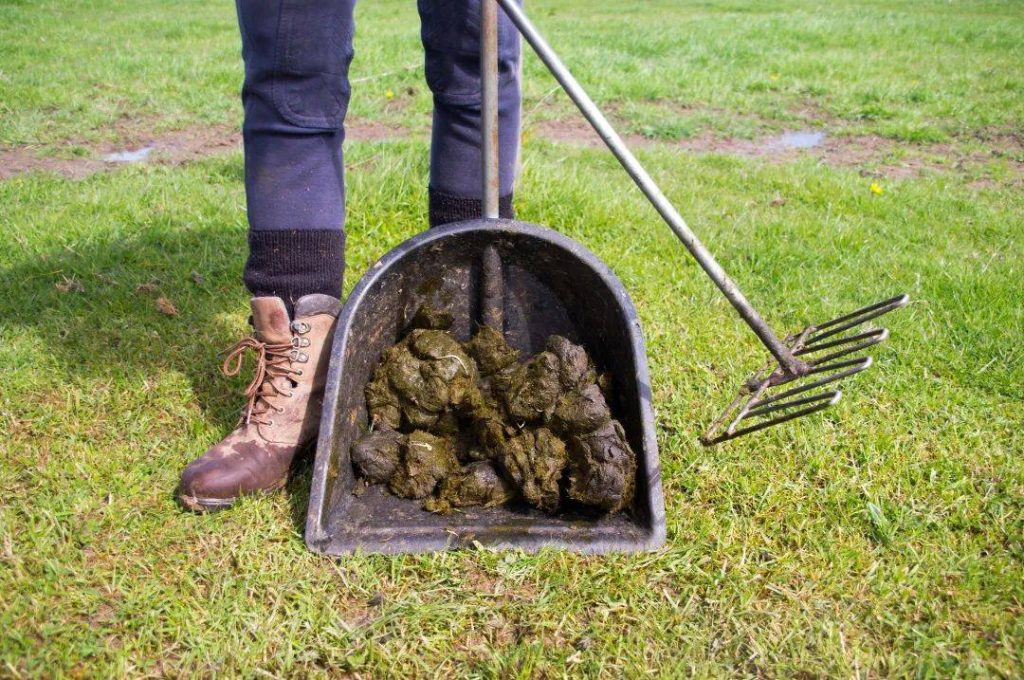In a surprising turn of events, the city of Fresno, California bore witness to an elaborate and audacious scheme that has led to the downfall of one man, Ray Brewer.
The repercussions of his actions echo far and wide, as he was recently sentenced to a significant prison term of six years and nine months for orchestrating a cow dung-to-green energy scheme that authorities aptly describe as nothing more than a load of manure.
The magnitude of this fraud is staggering, with Brewer having defrauded unsuspecting investors out of a whopping $8.75 million, as revealed in a statement issued by the U.S. attorney’s office.
Brewer’s plan was variously executed over a prolonged period, commencing in 2014 and continuing through until 2019. During this time, he skillfully positioned himself as a visionary entrepreneur, purportedly focused on developing anaerobic digesters at dairy farms across multiple locations including Fresno, Kern, Kings, and Tulare counties in California, as well as in Idaho. These digesters were marketed as revolutionary devices capable of converting cow dung, a seemingly abundant and often problematic waste product, into renewable green energy sources. Occurring against the backdrop of a growing global consciousness regarding renewable energy and sustainability, Brewer’s claims resonated with potential investors who were enticed by the allure of both financial gain and environmental responsibility.
Anaerobic digesters are a revolutionary technology that utilizes microorganisms to break down biodegradable material and convert it into methane, a valuable resource that can be sold.
Not only does this process provide a sustainable and renewable source of energy, but it also enables producers to earn renewable energy credits, further incentivizing the production of green energy.
However, recent events have brought to light the deceptive practices of a certain individual named Brewer, who misled investors with false promises and fraudulent activities.

Brewer claimed that he would transform cow manure into methane, offering investors a lucrative opportunity to receive 66% of net profits and tax incentives.
To bolster his claims, he took investors on tours of dairies where he intended to construct the digesters and presented them with forged lease agreements, fake loan agreements, phony contracts, and fabricated construction progress pictures.
Tragically, the investors’ funds were misappropriated, with Brewer using the money for personal expenses such as purchasing land, a lavish custom home, and new vehicles.
To maintain the illusion of progress, Brewer provided his investors with counterfeit schedules, invoices, power generation reports, and photographs. In a shocking twist, Brewer even refunded money to some investors, using funds obtained from other unsuspecting individuals.
This egregious misconduct highlights the importance of due diligence and caution when investing in promising ventures, as well as the need for strict regulatory oversight to protect investors from such fraudulent schemes.
However, the facade Brewer cleverly crafted ultimately proved to be nothing more than an illusion concealing an intricate web of deceit.

Prosecutors exposed the schemer’s duplicitous actions, unraveling the intricate threads of his fraudulent plot. The anaerobic digesters that he claimed to be constructing were mere figments of his imagination, with no tangible evidence to substantiate their existence.
Instead of chasing after innovative solutions for the cultivation of green energy, Brewer used the trust placed in him by unsuspecting investors to line his pockets and fund a lavish lifestyle.
This conviction serves as a salient reminder that trust and due diligence are of paramount importance in the realm of investments.
Brewer’s actions not only betrayed the faith of those who placed their financial resources in his hands, but they also struck a blow against an industry striving to realize the lofty objectives of sustainability and renewable energy.
The consequences of such fraudulent schemes extend beyond the financial realm, casting doubt on legitimate ventures and eroding public trust.

As the dust settles on the ordeal, it is crucial to reflect on this cautionary tale and fortify the mechanisms in place to prevent similar scams from taking root.
The key lies in fostering a culture of transparency and accountability, where individuals and institutions alike are held to the highest ethical standards.
Only by doing so can we hope to protect the integrity of legitimate enterprises and ensure a sustainable future for our society.
The legacy of Ray Brewer’s cow dung-to-green energy scheme will stand as a stark reminder that the pursuit of progress should always be underpinned by honesty, integrity, and a commitment to the greater good.

After discovering that they had been deceived, a number of investors took legal action against him, resulting in successful lawsuits.
However, the individual in question, Brewer, managed to evade justice by relocating to Sheridan, Montana, where he assumed a new identity. It wasn’t until later that he was apprehended by the U.S. attorney’s office.
This case serves as a stark reminder of the lengths individuals may go to escape accountability for their actions, and the importance of a diligent and thorough legal system in ensuring justice is served.
